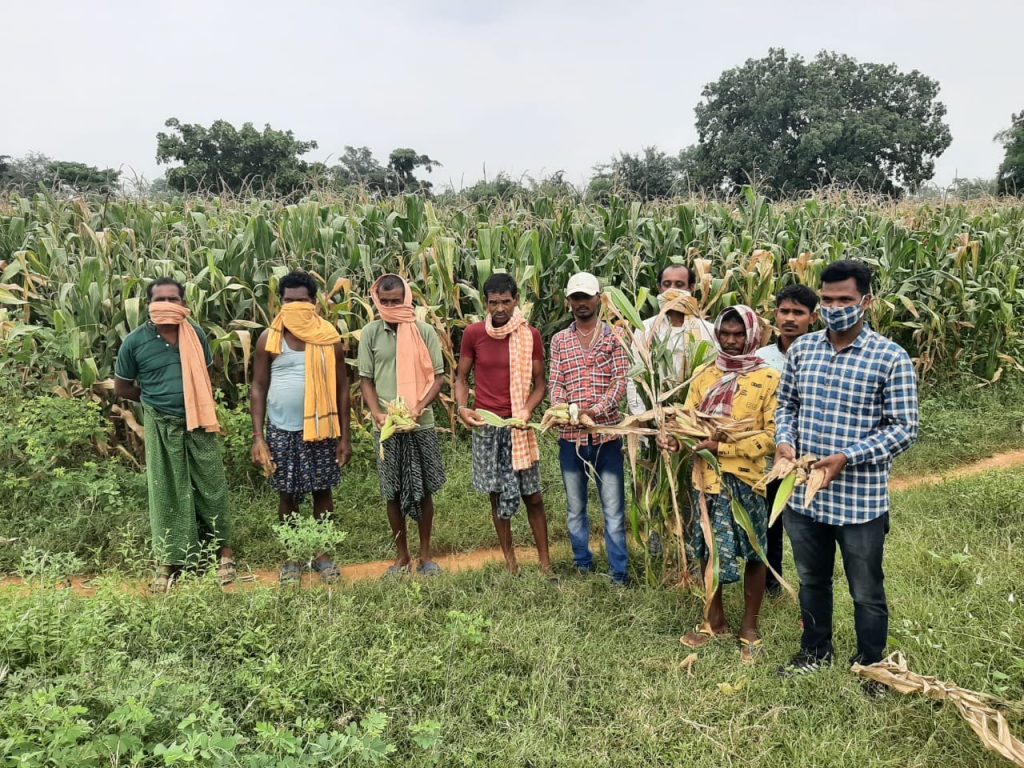Nuapada: After rain played havoc to crops, pest attack (fall armyworm) has started feeding on standing maize crops in many pockets of Nupada district. Farmers, worried over unchecked spread of the pest, are hopeless about a good harvest this year, a report said.
Notably, maize has been raised across 5,000 hectares in the district. As the district is prone to drought, farmers take to maize cultivation as a cash crop for last five years. Earlier, they raised paddy on a large scale. Its cultivation has been reduced now.
Farmers of Nuapada were inspired by farmers of Nabarangpur and Kalahandi where maize cultivation was started in forested areas.
First, farmers of Sinapali block started maize farming and later it spread to other pockets in Nuapada. Maize has been fetching them good profits.
To tide over the COVID-19 difficulties, farmers had laid focus on maize farming in the current year. Sadly, the pest (fall armyworm) has become a great cause of concern for them while the agriculture department has failed to come to their help at this time.
“Every day pests are spreading in hundreds of acres overnight. We have been struggling to deal with the crisis as we have no effective medicine at hand to contain their spread. Agriculture officials are not coming forward with an effective solution for it,” rued some farmers of Bhola village.
Pest attack on maize is reportedly acquiring crisis proportions at Bhola, Jadamunda, Ganiari and Manigunda. The farmers are apparently hopeless about a good maize harvest due to pest attack this year.
Agriculture experts say, at the larvae stage, the worm causes damage to crops feeding on more than 80 plant species. After developing into a moth, it can fly up to 100 km overnight. They added that variation in temperatures is the reason behind pest attack.
Assistant agriculture officer Himansu Kumar Mohapatra said fall armyworm attacks the crop from the very beginning.
He admitted that complaints about pest attacks are pouring in from various pockets while farmers are being made aware of the pest prevention.
PNN
